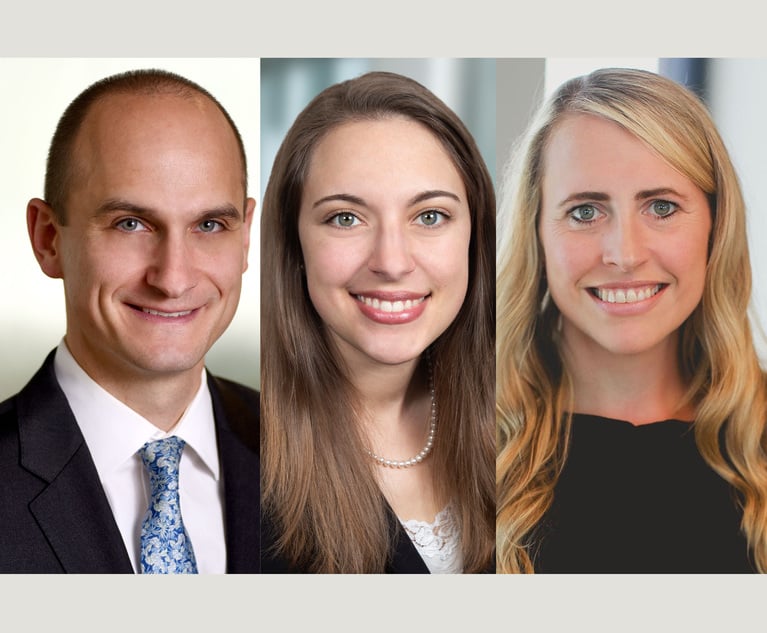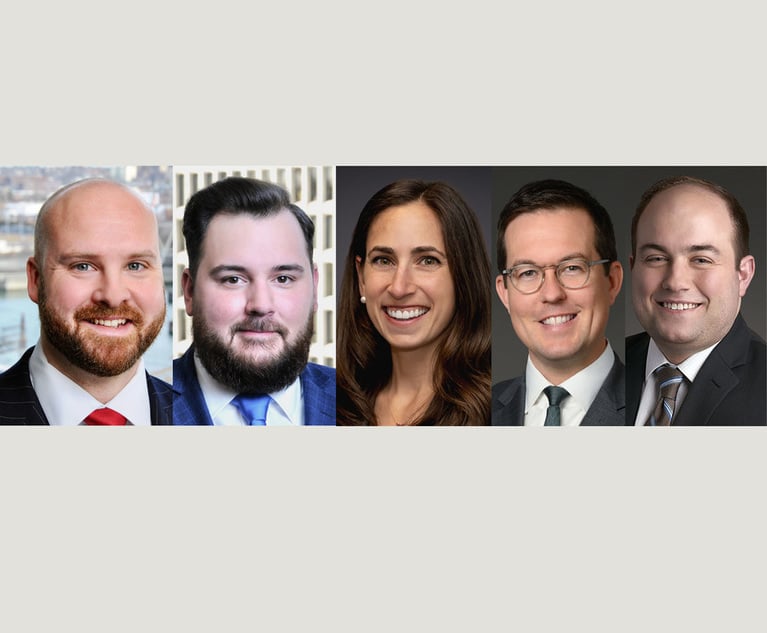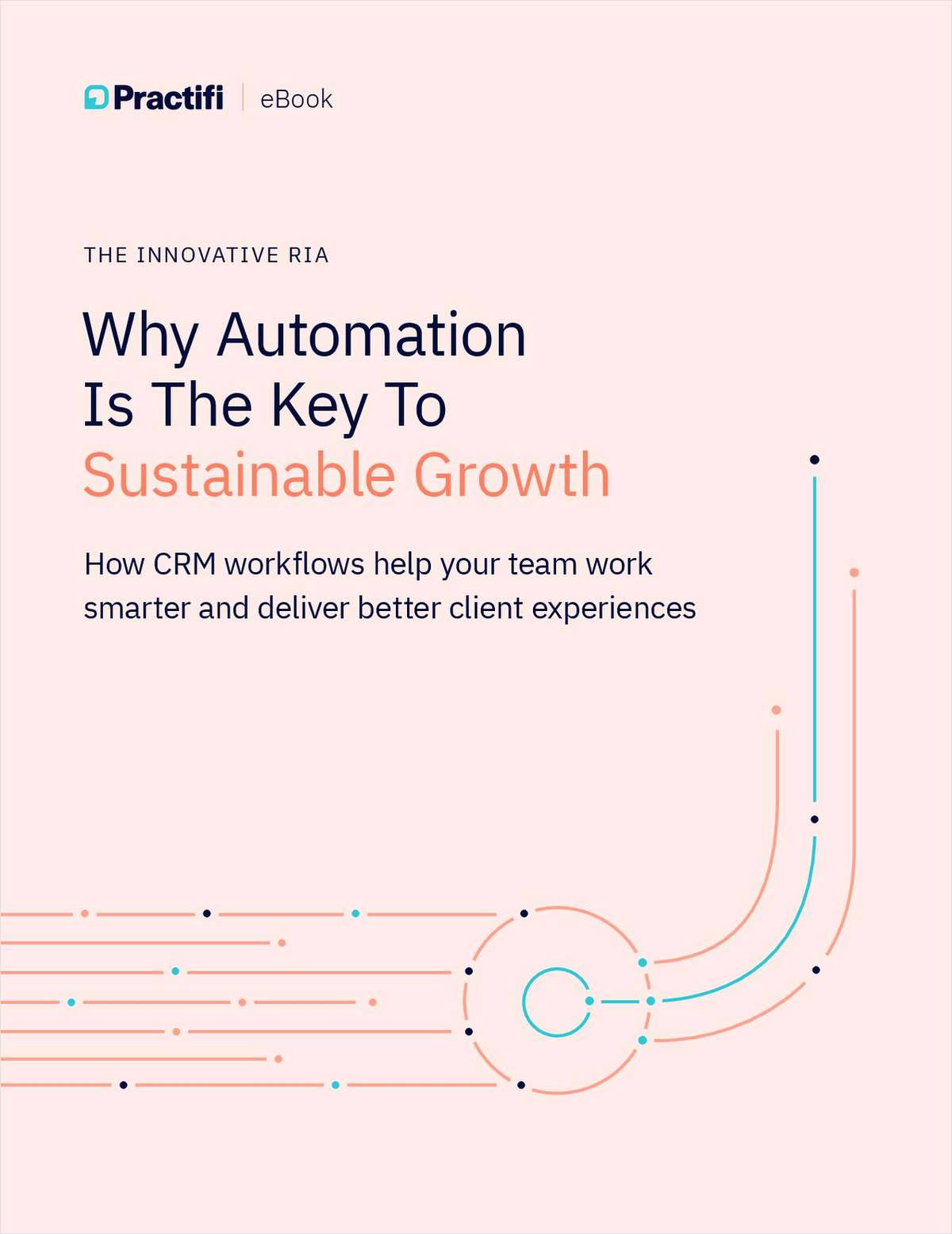'Pyrrhic' Victory for Abused Prisoner, Who Loses Compensatory Damages
The Second Circuit has affirmed a New Britain man's civil rights were violated while he spent a year in solitary confinement in state prison, but in a split decision, has reversed a compensatory award of $62,650, citing qualified immunity for corrections officials.
December 01, 2017 at 05:27 PM
5 minute read

The U.S. Court of Appeals for the Second Circuit has affirmed a New Britain man's civil rights were violated while he spent a year in solitary confinement in state prison, but in a split decision, has reversed a compensatory award of $62,650, citing qualified immunity for corrections officials.
The Second Circuit was unanimous in its Nov. 22 judgment for appellee Almighty Supreme Born Allah, who was placed in administrative segregation on two occasions in connection with separate arrests—the second time as a pretrial detainee. In an April 4, 2016, judgment at the U.S. district court in Bridgeport, Allah's damages were determined to be $175 per day for 358 days of confinement that were deemed excessive and unconstitutional.
Stamford attorney John Morgan of Barr & Morgan, representing Allah pro bono, said the Second Circuit ruling is “unfair” and “a pyrrhic victory” for his client. “At this point, everybody agrees that the man's rights were violated, but then he gets nothing out of the deal,” Morgan said. “I think the majority said that, notwithstanding the fact that my client's constitutional rights were violated, the officers are entitled to qualified immunity under the limited standards of this case, because there had not been a sufficiently clear case which established the constitutional right.”
Morgan said he believes his client will want to continue to fight for compensation, and there will “almost certainly be a motion for further review” of the decision. “We have further avenues of appeal that we're exploring right now,” he said. “Of course, [Allah] wants to see it through. This has been going on for a number of years, and we've got a federal court judges and three appellate court judges each saying his rights were clearly violated. At this point the state is getting off on a technicality.”
In December 2009, while incarcerated at Carl Robinson Correctional Institution in Enfield, Allah was charged with impeding order after complaining to a guard about the order in which inmates were being allowed into the prison commissary. The result of a disciplinary hearing was administrative segregation, starting in February 2010 and continuing until his release the following month.
Allah was arrested for a drug-related charge in New Britain in September 2010 and returned to administrative segregation—his most recent active status at the time—despite having returned as a pretrial detainee. He was transferred to Northern Correctional Institution in Somers, where he spent 23 hours a day in solitary confinement, showered three times a week in his boxers with his legs shackled and was limited to having five pieces of mail at a time in his cell. Allah was quoted in court documents as saying, “There's prison, and then there's Northern. It's just a whole different level,” which he said inflicted psychological trauma and left him with recurring feelings of paranoia.
U.S. Magistrate Judge William Garfinkel of the District of Connecticut noted that the conditions necessary to justify solitary confinement had not been met in Allah's case. “Without any specific, individualized findings that Allah presented a risk to safety and security as a pretrial detainee, the restrictions as applied to him were excessive,” Garfinkel wrote. “Allah still enjoyed the presumption of innocence. Prison officials must recognize that a pretrial detainee cannot be subjected to restrictions and conditions amounting to punishment.”
The due process clause of the 14th Amendment specifically states that a pretrial detainee may not be punished prior to an adjudication of guilt. If administrative segregation is not related to a legitimate governmental objective (i.e., a safety concern), it may be deemed punitive. Corrections officials acknowledged Allah did not pose a security issue, leading the court to conclude his confinement was punitive.
Following the district court ruling in April 2016, Dan Barrett, the legal director for the American Civil Liberties Union of Connecticut, said the decision was an important one for the state as it worked to reduce the number of prisoners facing administrative segregation. “The Department of Correction is receiving a much-needed reminder that procedure matters and prisoners deserve a fair hearing,” Barrett said. “Pretrial detainees can't be put in solitary for mindless reasons.”
In addition to the Second Circuit's ruling being “pyrrhic” for Allah, Morgan noted, the win can be seen as somewhat hollow for the state, which was foremost appealing the ruling that Allah's rights had been violated. Ironically, Morgan said, the ruling more firmly establishes that the state was in the wrong, and sets a precedent for future inmates to seek legal recourse if they are subjected to similar treatment.
The only party not eligible to recover damages is Allah.
Counsel for the state and the public information office for the Connecticut Department of Correction did not return calls seeking comment.
This content has been archived. It is available through our partners, LexisNexis® and Bloomberg Law.
To view this content, please continue to their sites.
Not a Lexis Subscriber?
Subscribe Now
Not a Bloomberg Law Subscriber?
Subscribe Now
NOT FOR REPRINT
© 2025 ALM Global, LLC, All Rights Reserved. Request academic re-use from www.copyright.com. All other uses, submit a request to [email protected]. For more information visit Asset & Logo Licensing.
You Might Like
View All
Apple Disputes 'Efforts to Manufacture' Imaging Sensor Claims Against iPhone 15 Technology

New Partners at Cummings & Lockwood, Carmody Torrance Sandak & Hennessey
2 minute read

DOJ, 10 State AGs File Amended Antitrust Complaint Against RealPage and Big Landlords
4 minute readTrending Stories
- 1'David and Goliath' Dispute Between Software Developers Ends in $24M Settlement
- 2Supreme Court Takes Up the Corporate Transparency Act: Recent Litigation and Potential Next Steps
- 3Brogdon: The Final Nail in Corbin’s Coffin in Premises Cases
- 4What to Know About the New 'Overlapping Directorship' Antitrust Development
- 5'Quiet, Appropriate End:' NY Court of Appeals Formally Removes Erin Gall From Bench
Who Got The Work
Michael G. Bongiorno, Andrew Scott Dulberg and Elizabeth E. Driscoll from Wilmer Cutler Pickering Hale and Dorr have stepped in to represent Symbotic Inc., an A.I.-enabled technology platform that focuses on increasing supply chain efficiency, and other defendants in a pending shareholder derivative lawsuit. The case, filed Oct. 2 in Massachusetts District Court by the Brown Law Firm on behalf of Stephen Austen, accuses certain officers and directors of misleading investors in regard to Symbotic's potential for margin growth by failing to disclose that the company was not equipped to timely deploy its systems or manage expenses through project delays. The case, assigned to U.S. District Judge Nathaniel M. Gorton, is 1:24-cv-12522, Austen v. Cohen et al.
Who Got The Work
Edmund Polubinski and Marie Killmond of Davis Polk & Wardwell have entered appearances for data platform software development company MongoDB and other defendants in a pending shareholder derivative lawsuit. The action, filed Oct. 7 in New York Southern District Court by the Brown Law Firm, accuses the company's directors and/or officers of falsely expressing confidence in the company’s restructuring of its sales incentive plan and downplaying the severity of decreases in its upfront commitments. The case is 1:24-cv-07594, Roy v. Ittycheria et al.
Who Got The Work
Amy O. Bruchs and Kurt F. Ellison of Michael Best & Friedrich have entered appearances for Epic Systems Corp. in a pending employment discrimination lawsuit. The suit was filed Sept. 7 in Wisconsin Western District Court by Levine Eisberner LLC and Siri & Glimstad on behalf of a project manager who claims that he was wrongfully terminated after applying for a religious exemption to the defendant's COVID-19 vaccine mandate. The case, assigned to U.S. Magistrate Judge Anita Marie Boor, is 3:24-cv-00630, Secker, Nathan v. Epic Systems Corporation.
Who Got The Work
David X. Sullivan, Thomas J. Finn and Gregory A. Hall from McCarter & English have entered appearances for Sunrun Installation Services in a pending civil rights lawsuit. The complaint was filed Sept. 4 in Connecticut District Court by attorney Robert M. Berke on behalf of former employee George Edward Steins, who was arrested and charged with employing an unregistered home improvement salesperson. The complaint alleges that had Sunrun informed the Connecticut Department of Consumer Protection that the plaintiff's employment had ended in 2017 and that he no longer held Sunrun's home improvement contractor license, he would not have been hit with charges, which were dismissed in May 2024. The case, assigned to U.S. District Judge Jeffrey A. Meyer, is 3:24-cv-01423, Steins v. Sunrun, Inc. et al.
Who Got The Work
Greenberg Traurig shareholder Joshua L. Raskin has entered an appearance for boohoo.com UK Ltd. in a pending patent infringement lawsuit. The suit, filed Sept. 3 in Texas Eastern District Court by Rozier Hardt McDonough on behalf of Alto Dynamics, asserts five patents related to an online shopping platform. The case, assigned to U.S. District Judge Rodney Gilstrap, is 2:24-cv-00719, Alto Dynamics, LLC v. boohoo.com UK Limited.
Featured Firms
Law Offices of Gary Martin Hays & Associates, P.C.
(470) 294-1674
Law Offices of Mark E. Salomone
(857) 444-6468
Smith & Hassler
(713) 739-1250










